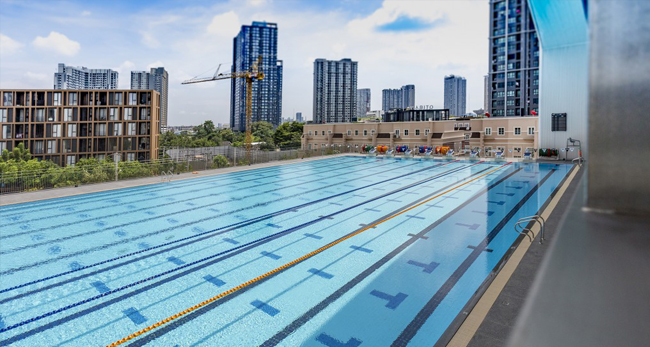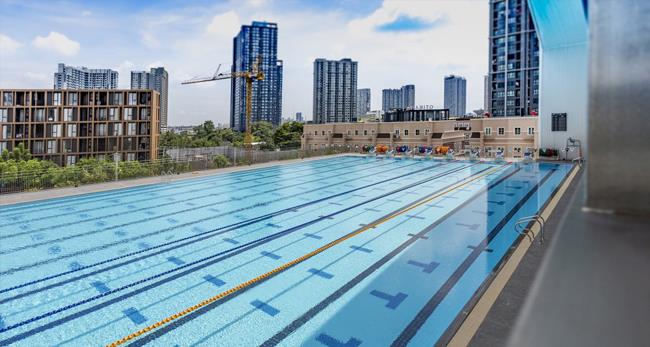Raising Expat Children: The International School System in Thailand


Image credit: Bangkok International Preparatory and Secondary School
Migrating to an unfamiliar country is a daunting task, with many factors to be assessed and each seemingly more important than the other. For expatriate parents however, the migration process gets more complicated as they also have to consider their children’s needs, with the availability of quality education usually taking top spot on their list of priorities.
International schools in Thailand adopt either international curricula, such as International Baccalaureate (IB) and Cambridge Assessment International Education (CAIE), or the national curriculum of a different country. This makes them the school of choice for expat parents, who are then reassured that their children can resume their education with minimal disruption after their move to a foreign land.
Here is a brief breakdown on the international school system in Thailand.
International Schools in Thailand
The 166 international schools in Thailand are loosely categorised into 3 tiers, depending on many factors such as the school history, facilities and the funding received, among others. However, this ranking of the schools is largely subjective and by no means a definitive indication of the quality of the schools. For example, some Tier 3 schools can have better facilities and education than some Tier 2 schools.
Tier 1
Tier 1 schools are considered to be the ‘best’ schools in the country. Usually owned and operated by wealthy individuals or as foundation schools, they have multiple national and international accreditations to their names (e.g. ONESQA, CIS, NEASC etc.). Teachers are often highly qualified, Western-educated educators from around the world. The fees are as high as their rankings - ranging from 400, 000 baht to 1 million baht a year.
Tier 2
Schools in the second tier are usually owned by investors or large corporations. Similar to tier 1 schools, these schools also have national and at least one international accreditation. They tend to have fewer Western-educated staff, and majority of the student body will be made up of Thais. Fees also tend to be lower than the Tier 1 schools’, ranging from 200,000 baht to 800,000 baht a year.
Tier 3
Most tier 3 schools are owned by individuals or families. Unlike Tier 1 and 2 schools, these schools usually hold just the national ONESQA accreditation. Teaching staff and majority of the student body also tend to be Thai. Fees are significantly lower, ranging from 80,000 baht to 300,000 baht a year.
Curricula
There are 4 main categories for the international curricula in Thailand.
British
The National Curriculum of English is by far the most popular,, with 52% of the international schools offering it to their students. Examples of schools include Bangkok International Preparatory & Secondary School, Bangkok Patana and Harrow International School, to name a few.
American
The American curriculum is next on the list with 32% of the international schools in Thailand offering it. While it is tough to specify what a US-style curriculum is due to their different state-specific standards, it generally covers a wide range of courses to provide a well-rounded education to their students. These schools include Ruamrudee International School and The American School of Bangkok.
International Baccalaureate (IB)
14% of the international schools offer one or more of the IB programmes - Primary Years Programme (PYP), Middle Years Programme (MYP) and the Diploma Programme (DP). Examples include NIST International School and Concordian International School.
Others
Other curricula offered in Thailand are French, German, Australian and Singaporean.
Tertiary Education in Thailand
While expat parents are known to send their children to overseas universities for their tertiary education, Thailand also has some reputed universities for consideration.
The top Thai universities offer transnational education programmes, where they tie up with overseas institutions from USA, UK and other countries, for collaborative degrees.
The expat community is set to grow with the implementation of government initiatives like Thailand 4.0 and the Smart Visa programme, which will see an influx of foreigners into Thailand. The thriving international-school community in Thailand has also inspired the country to work towards becoming a leading education hub in the Southeast Asian region.
The opening up of choices for international schools, while a positive things, has inadvertently given expat parents the uphill task of selecting the most suitable school that will allow their children to thrive and mould them into effective members of society.
